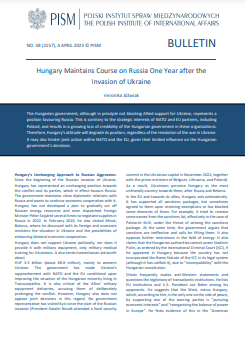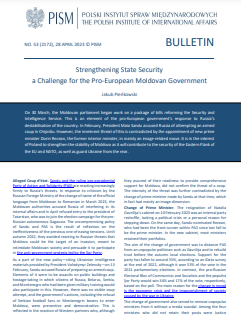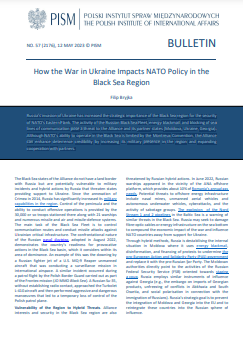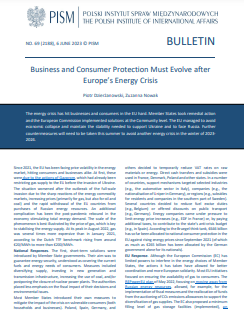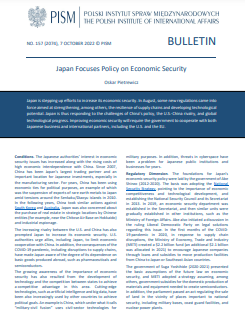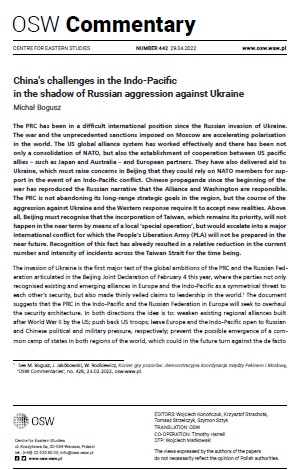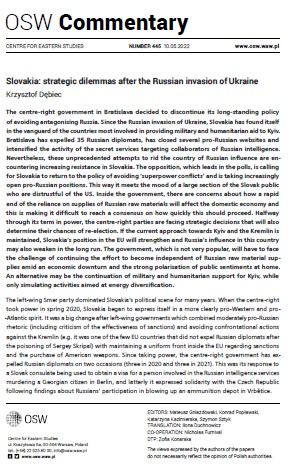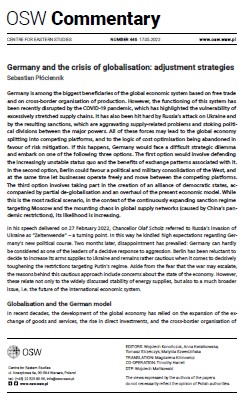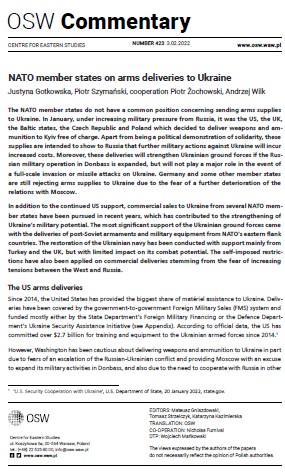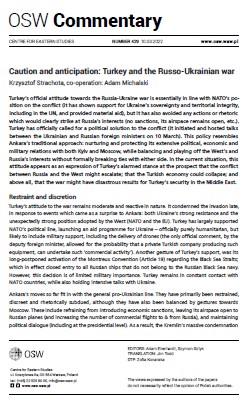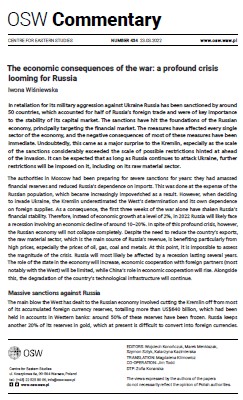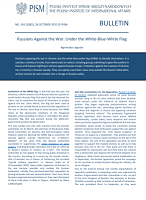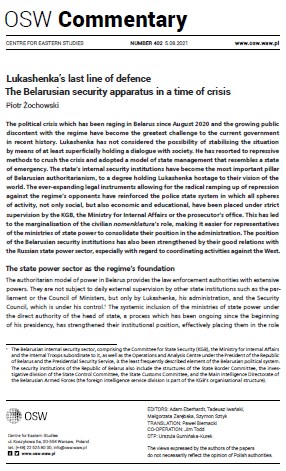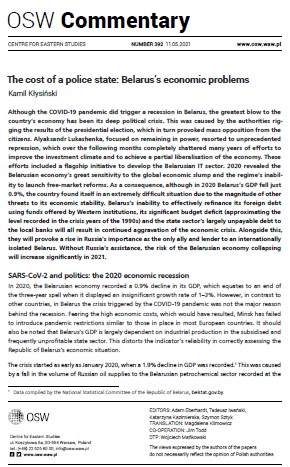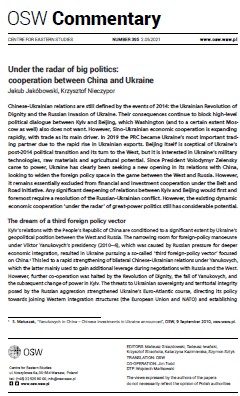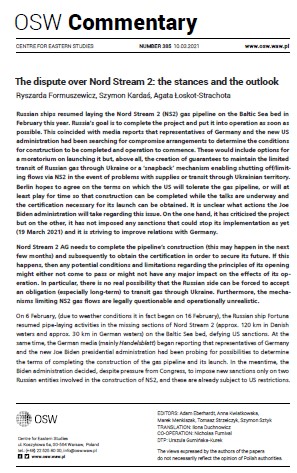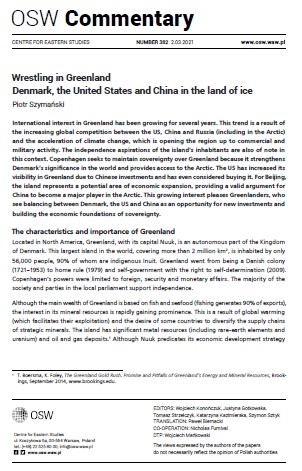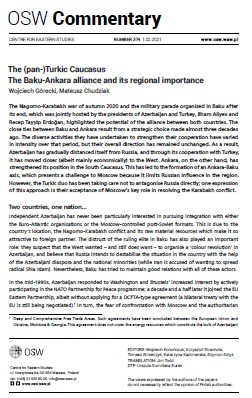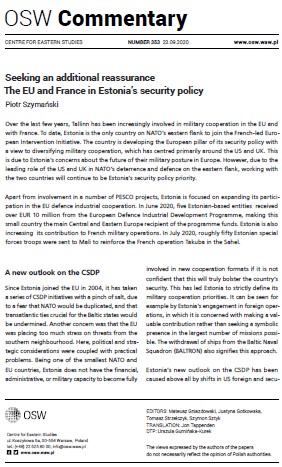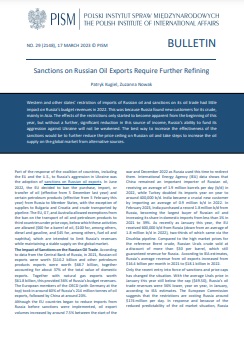
Sanctions on Russian Oil Exports Require Further Refining
Western and other states’ restriction of imports of Russian oil and sanctions on its oil trade had little impact on Russia’s budget revenues in 2022. This was because Russia found new customers for its crude, mainly in Asia. The effects of the restrictions only started to become apparent from the beginning of this year, but without a further, significant reduction in this source of income, Russia’s ability to fund its aggression against Ukraine will not be weakened. The best way to increase the effectiveness of the sanctions would be to further reduce the price ceiling on Russian oil and take steps to increase the oil supply on the global market from alternative sources.
More...
